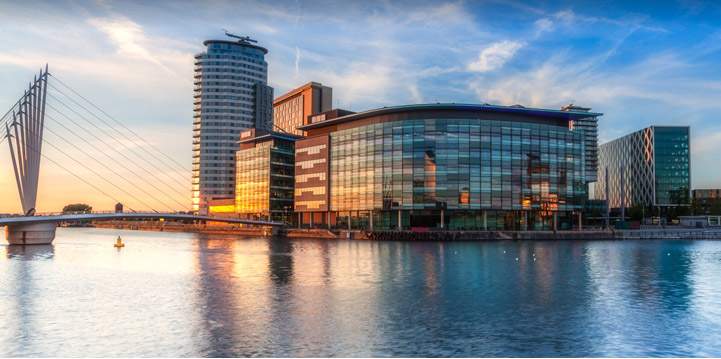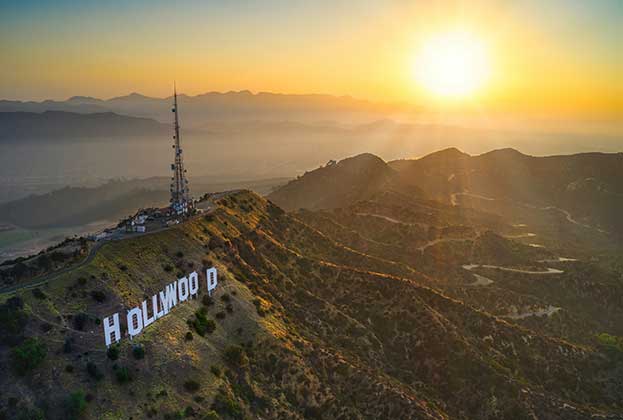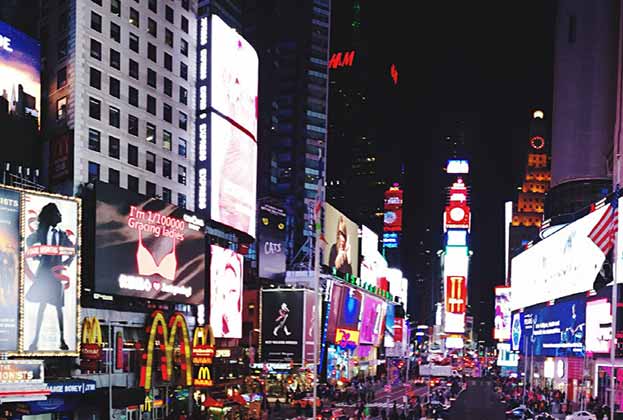Cities outside traditional media hubs are challenging the established cities
Media industries aren’t immune to globalisation. Projects can be produced in one location, edited in another, and sent to executives in yet another location. Connectivity between locations means that not only can projects be produced in many locations, but the audiences for previously regional hubs and productions have expanded as well.
Conversely, a lack of connectivity could limit the number of projects produced in an area, thus depriving cities and the surrounding areas the economic boost associated with media production.
An advantage of the rise of streaming is that productions which used to be considered too regional, indie, or niche can now be viewed by increasingly global audiences who might not have been exposed to some of these productions beforehand – take the popularity of so-called ‘K-dramas’ on many non-Korean speaking versions of Netflix, for instance. The increasing globalisation and democratisation of the media industry will continue to shed light on emerging centres of production.
On the rise
Lagos is the centre of the Nigerian media industries, and Nollywood films are only gaining in popularity both through the Nigerian diaspora and through streaming services. The film industry in Nigeria has received more government funding for domestic productions in recent years, though there are no specific tax rebates, and is the second largest employer in the Nigerian economy, after agriculture.
Dublin has become a hub of film and television production recently thanks to attractive government incentives, its wealth of creative talent, and natural scenery. Buenos Aires is another market with a wealth of creative talent and extremely low costs for living and working. The decline of the Argentine peso in recent years makes this city a more attractive option for projects looking to stretch their budgets.
On the watchlist
This globalised environment provides the opportunity for new hubs to emerge. Singapore, Cape Town, Albuquerque, and Manchester are all locations that look set to benefit from the expanding landscape of media cities. Manchester is a regional hub for the BBC in Britain, the location of Media City UK, and has a growing arts scene. Albuquerque is a growing centre for film and television production in the US. Netflix recently purchased a studio lot in the city to support its growing roster of original programming. Cape Town and Singapore both offer generous government incentives to attract production and post-production to their markets.

Salford Quays, Greater Manchester
Chinese media markets have been on the rise for years, and analysts predict that 2020 could be the year that the Chinese box office overtakes the North American box office for the first time in history. Beijing, the only Chinese market on our list so far and fifth in the rankings, has been an established media hub for decades, is the centre of government and regulatory bodies as well as many media company headquarters. Challenger cities are coming for Beijing’s crown though.
Changsha in Hunan province is a UNESCO Creative City and is the location of Hunan TV, the second most popular channel after CCTV. Meanwhile, locations in Zhejiang province such as Hengdian and Xiangshan continue to churn out a series of blockbusters, and new competitors are emerging in the form of port city of Qingdao where Oriental Movie Metropolis originally developed by Dalian Wanda Group opened in 2018. They are certainly locations to watch as the Chinese media industry continues to grow in size and global influence.
Read the articles within Report: Media Cities below.
.jpg)




